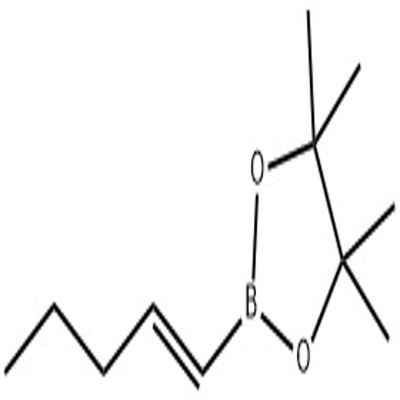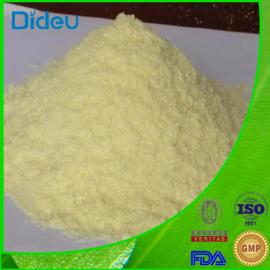-
Categories
-
Pharmaceutical Intermediates
-
Active Pharmaceutical Ingredients
-
Food Additives
- Industrial Coatings
- Agrochemicals
- Dyes and Pigments
- Surfactant
- Flavors and Fragrances
- Chemical Reagents
- Catalyst and Auxiliary
- Natural Products
- Inorganic Chemistry
-
Organic Chemistry
-
Biochemical Engineering
- Analytical Chemistry
- Cosmetic Ingredient
-
Pharmaceutical Intermediates
Promotion
ECHEMI Mall
Wholesale
Weekly Price
Exhibition
News
-
Trade Service
SARS-CoV-2 is a coronavirus that causes COVID-19, which locks the ACE2 complex and uses it to enter cells and begin to grow, leading to infection.
, the subject naturally caught the attention of researchers.
, ACE2 is a protein found on the surface of many types of cells in the body, including the heart, intestines, lungs and nose.
, however, SARS-CoV-2 is not available in mice with ACE2 virus subjects, which poses a significant challenge to preclinical research into the development of antiviral drugs, vaccines and antibodies for COVID-19.
Fortunately, following the successful development of a SARS-CoV-2 hACE2 infection model in genetically modified mice (HFH4-hACE2 in C3B6 mice), researchers at the University of North Carolina at Chapel Hill in the United States also brought good news.
they developed a SARS-CoV-2 model adapted to mice that captures many of the characteristics of human disease and helps the COVID-19 vaccine candidate to be put into clinical trials.
results were published in Nature on August 27.
specifically, the researchers used reverse genetics to change the location of two amino acids in the viral genome to produce a recombinant virus, SARS-CoV-2 MA, that can infect standard laboratory mice.
RESULTs of SARS-CoV-2 MA, which produced mouse adaptation, showed that SARS-CoV-2 MA could be replicated in both upper and lower respiratory tracts in adult mice and older BALB/c mice.
importantly, older mice had more serious diseases and showed more clinically relevant esolyses than genetically modified mice with HFH4-hACE2, which recreated an increase in age-related diseases in humans.
SARS-CoV-2 MA replicated SARS-CoV-2 MA in young BALB/c mice in older BALB/c mice with mild illness, the researchers found that clinical candidate interferon (IF N) lambda-1a can effectively inhibit the replication of SARS-CoV-2 in the first generation of the gascular endoskin cells, preventive and therapeutic dosing will reduce replication in mice, and protect mice from loss of lung function.
previously evaluated prevention and intervention strategies for SARS-CoV-2 MA infection in mice, virologist Ralph Baric's lab had a history of developing models of other coronavirus mice, such as SARS-CoV and MERS-CoV.
, the team has successfully implemented the idea of adapting SARS-CoV2 to ACE2 receptors in mice.
that the mouse model has been used to accelerate the development of "space machine warfare" vaccines, such as Moderna's vaccine.
Baric said:
The new mouse model will be available to other researchers, while enabling a larger research community to understand how the virus causes disease and test various therapies and vaccines being developed around the world."
" References: a mouse-adapted model of SARS-CoV-2 to test COVID-19s.







